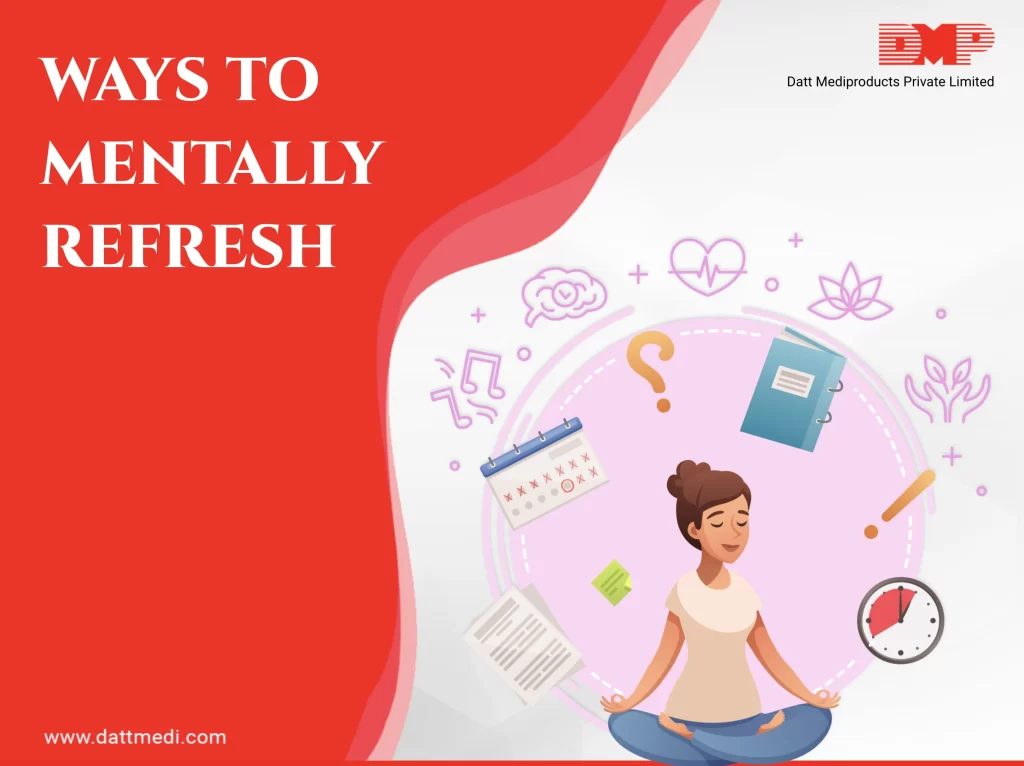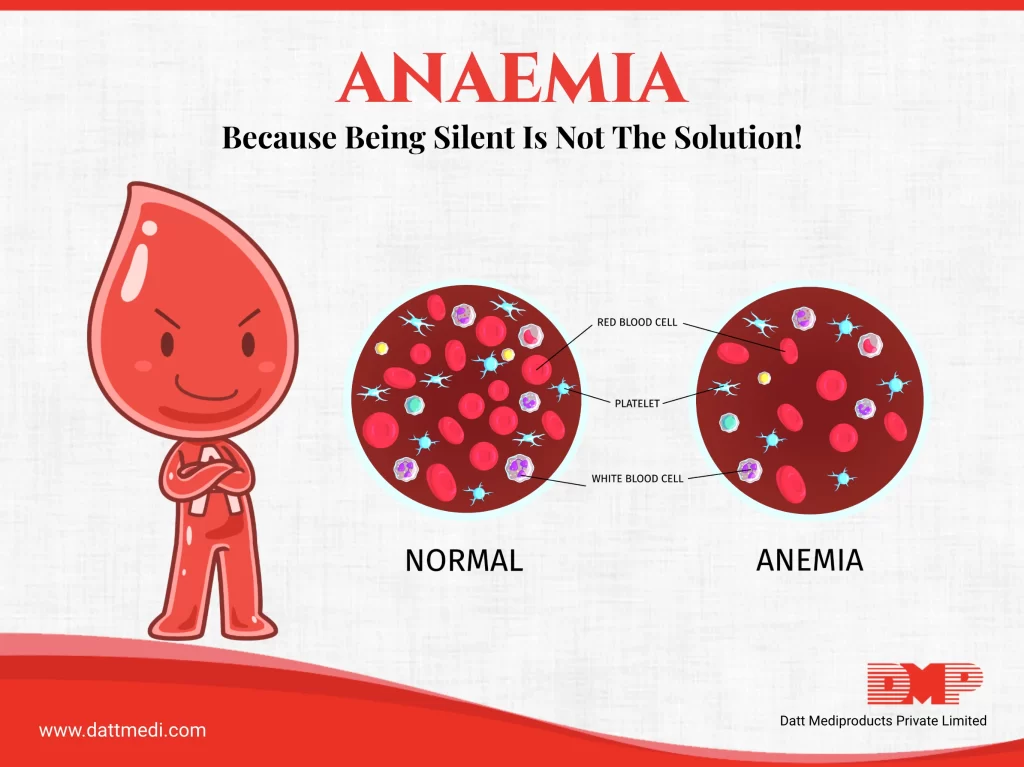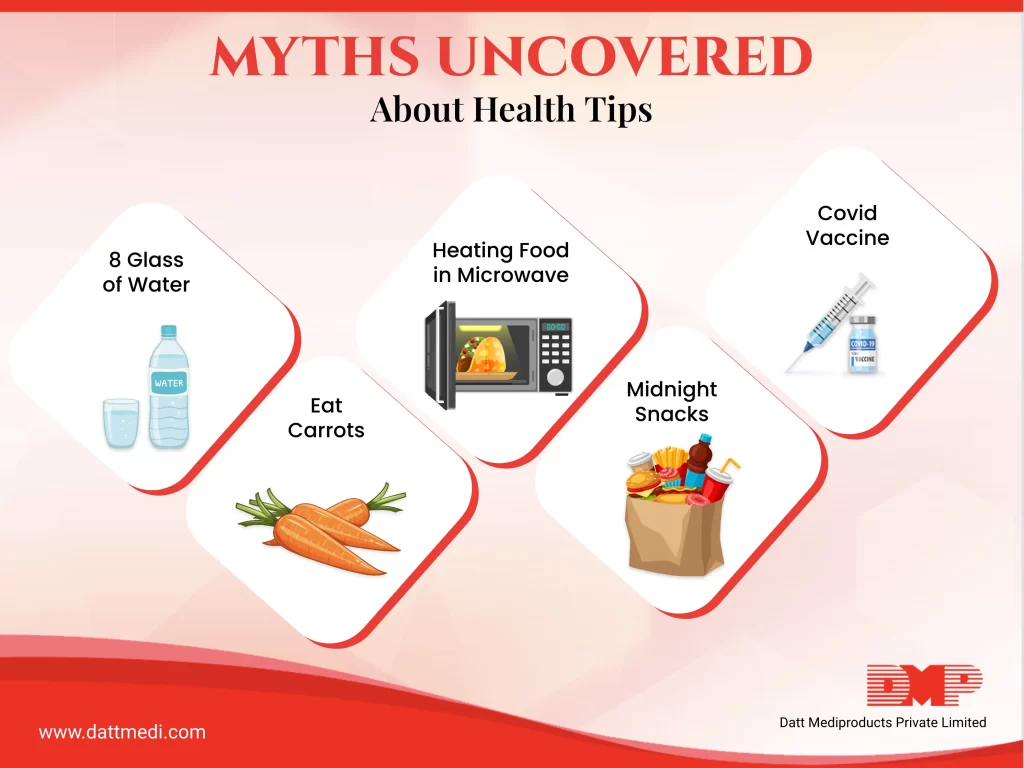
Stress is the feeling of being overwhelmed or not able to cope up with mental or emotional pressure. It is experienced by almost everyone during their life at times. A little bit of stress is not an issue but a very high stress, especially the chronic one, can affect your body.
You may experience several unpleasant feelings such as headache, loss of appetite, neck & shoulder pain, back pain, heaviness in the chest, infections, bowel problems, tight contracted muscles, insomnia, tiredness, problem to focus, anger, apart from several other issues, both physical & mental.
Stress can lead you to enjoy your meal at one point of time and on the other, hook up you with anger thoughts and feelings. We have tried to list down a few ways to mentally refresh after a stressful day. You may choose to follow these based on your situation and ability and distress yourself.
CONNECT WITH YOUR BODY:
– Whenever you feel stressed out, slow down, notice your feelings, what you are thinking, and connect with your body.
– Do some breathing exercises, and push your feet to the ground.
– Make sure to breathe in & out really slowly & gently, but not quickly, which can again make you dizzy, anxious and panicky.
– Do some yoga, go to the gym or for a walk.
– Exercising refreshes your mind by releasing feel good chemicals called “endorphins”.
UNHOOK YOURSELF:
– When you are hooked by unpleasant and difficult thoughts & feelings, you indulge in fights, disagreements, arguments and withdraw yourself away from the people you love.
– The key is to unhook yourself from such negative thoughts and just get rid of them. Don’t isolate yourself, yell or criticize others.
– Rather, spare a moment and PEN DOWN YOUR THOUGHTS.
– Notice the negative thoughts & feelings which hook you and name them and try to get rid of them by focusing on the activities you love.
– READ YOUR FAVOURITE BOOK and LISTEN TO SOME GOOD MUSIC.
– Focus & Refocus on what you are doing.
– The more you practice, the better you will get.
BE KIND:
– It doesn’t matter how hard the situation gets, never forget your values and be kind.
– Hooking up with unkind thoughts in a bad situation is okay, but it pulls you away from your values.
– Always remember that even tiny little deeds of kindness and care can make a difference.
BE CLOSE TO NATURE/ STEP OUTSIDE:
– Get some fresh air. Spending time in nature can have several mental health benefits.
– Vitamin D from sunlight can boost your mind.
– Simply spending time with mother nature, looking at various colors around can uplift your mood.
– It has been documented that green color is associated with happiness, hope, comfort, excitement and sense of peace.
DETACH FROM SOCIAL MEDIA:
In today’s world, it’s hard to unplug from social media as it feels like doing it from the entire world. As much as this world seems pleasing, it is detrimental to mental health. It’s thus beneficial and acceptable to take time off your devices.
TAKE A NAP:
Taking a small nap of 30 minutes’ acts as a reset button to start afresh.
Remember that you are not alone. It happens to nearly everybody. Count your blessings, do what makes you happy. Spend some time with your loved ones. Focus on them, forget about the world. After all, this is what matters.
Stay happy, stay healthy!




